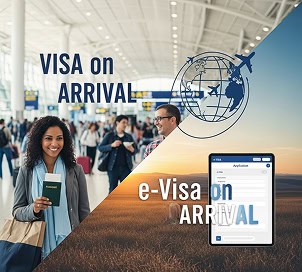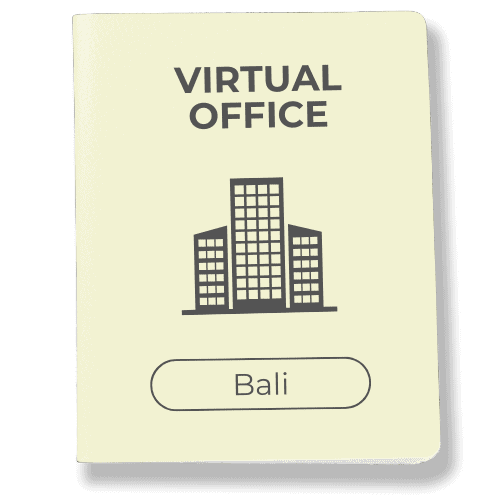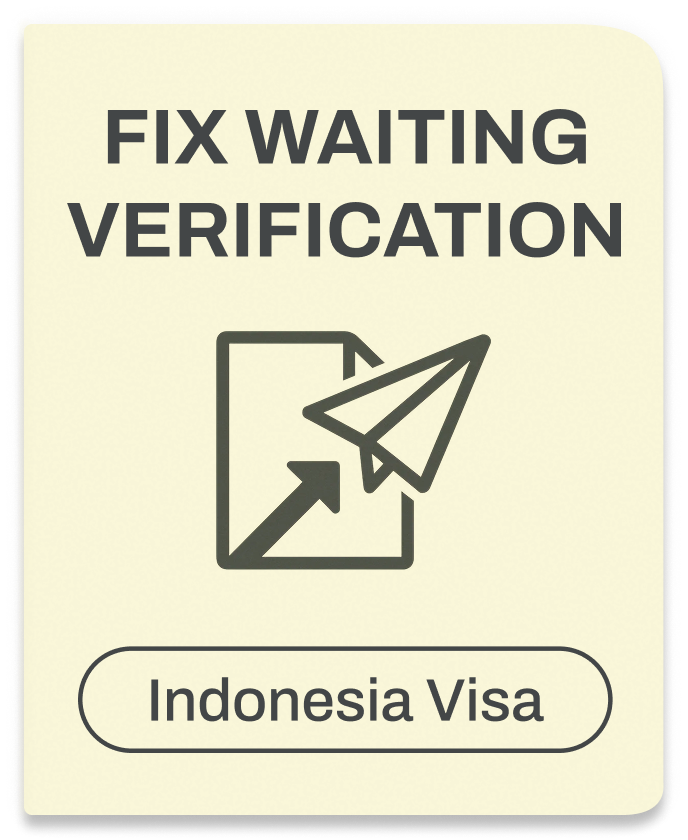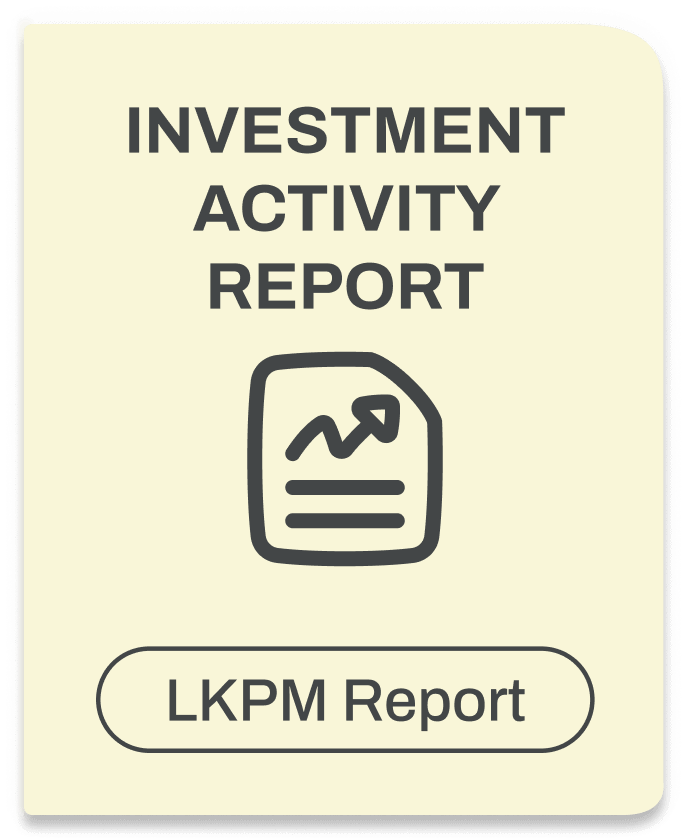The Best Banks in Bali, Indonesia for Foreigners 2025

Figuring out how to manage your money in a new country can feel like one more thing on an already long list, but it doesn’t have to be complicated. If you’re staying in Indonesia for more than just a quick holiday, opening a local bank account can make everyday tasks, such as paying rent, receiving transfers, or withdrawing cash from an ATM, much easier.
Over the years, many Indonesian banks, particularly in areas such as Bali, have begun integrating foreigners into their systems. Some offer English-speaking staff, easier account setup, and a more seamless overall experience. You’ll still need the right documents, and a bit of guidance can be helpful. We’re here to walk you through it. No guesswork, no runaround—just a clear, local-friendly way to get your account open with Visa-Indonesia.
Major Banks in Bali and Indonesia
Indonesia has several reliable banks that serve both the local population and tourists, and many of them have branches and ATMs throughout Bali. A valid passport is often required to open a bank account in Indonesia for expats and tourists.
Let’s explore some of the main banks in Indonesia, especially the ones you’re most likely to see while traveling or living in Bali.
1. Bank Negara Indonesia (BNI)
Bank Negara Indonesia, or BNI, is one of the major banks owned by the government. It has a wide presence across the country, including in Bali. BNI offers a full range of services, including debit cards, ATM card access, savings accounts, and international transaction capabilities. If you’re a visitor from abroad, BNI is a good choice if you need to withdraw cash using a foreign card.
Many Bali ATMs operated by BNI are bilingual and accept cards from overseas banks. Please note that transaction fees may apply, depending on your card provider; however, BNI machines are known for their reliability and ease of use.
2. Bank Mandiri
Another top government-owned bank, Bank Mandiri, is one of the largest banks in Indonesia in terms of assets. It offers excellent services to both local and international customers. With plenty of branches and ATMs in tourist areas and even at the airport, Bank Mandiri is a convenient choice if you’re frequently on the move.
Bank Mandiri supports most major debit and credit cards, and it’s a strong option for business transactions, paying bills, or simply withdrawing cash. Be sure to be aware of the exchange rate, fees, and overall cost before confirming any transaction.
3. Bank Central Asia (BCA)
Bank Central Asia, or BCA, is the largest privately owned financial institution in Indonesia and is very popular among locals. It’s also a favourite among tourists due to its modern ATMs, low fees, and efficient mobile banking.
BCA’s wide branch network makes it easy to find support in case of any issue, such as a lost card. Their ATMs are known for the smooth processing of foreign ATM and debit cards, making it easier for travelers to get cash without much hassle. While major credit cards like Visa and MasterCard are widely accepted, it is incorrect for businesses to impose surcharges on credit card payments, despite this practice being common.
4. Permata Bank
While not as large as BNI or Mandiri, Permata Bank remains one of the major banks in Indonesia, with a growing presence in Bali. It’s a good bank to consider if you’re looking for a modern, digital-first banking experience.
Permata Bank’s ATMs support a wide range of international debit cards, and their services are specifically tailored for urban customers. This includes competitive exchange rates and helpful customer service, making it the best option for those seeking reliable banking in English-friendly areas like Seminyak and Ubud.
5. CIMB Niaga
CIMB Niaga is another solid option, especially for people coming from Malaysia, Singapore, or Australia. It’s part of a larger Southeast Asian banking network and has good connectivity with foreign banks.
They offer currency exchange services, account openings, and a range of ATM locations in both urban and tourist zones. Many travelers choose CIMB Niaga because of their convenient online platform and transparent fees. CIMB Niaga also offers practical advice on exchanging leftover Indonesian Rupiah (IDR) for US dollars (USD) and other currencies.
6. Citibank
For those coming from the U.S. or looking for an international bank they recognise, Citibank has a limited but high-quality presence in Indonesia. While you won’t find as many branches or ATMs, it’s still a good option for overseas customers with pre-existing accounts.
If you’re using a Citibank debit card or credit card, check if they’re accepted in most places you plan to visit. Citibank users may also benefit from waived transaction fees depending on their account type and location.
How to Open an Indonesian / Bali Bank as a Foreigner
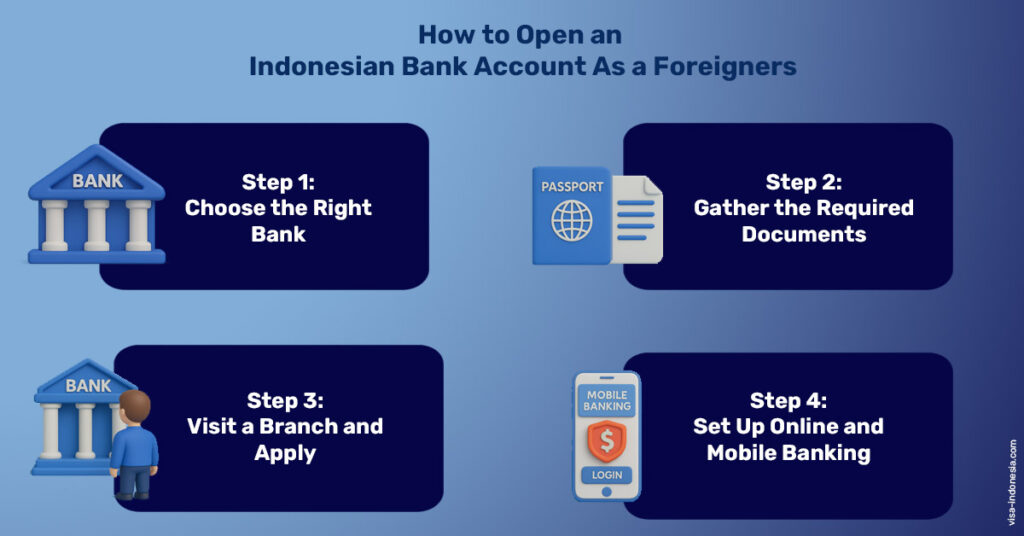
Here’s a simple, step-by-step guide to help foreigners open a bank account in Indonesia, particularly in areas like Bali, where many expats and digital nomads reside.
Step 1: Choose the Right Bank
Begin by determining which bank best suits your needs. Some of the main banks that offer services to foreign customers include:
- Bank Central Asia (BCA)
- Bank Mandiri
- Bank Negara Indonesia (BNI)
- Permata Bank
- CIMB Niaga
- Citibank (popular with overseas clients)
Step 2: Gather the Required Documents
To open an account, you typically need to provide a few key documents. Each financial institution may have slightly different rules, but in general, be prepared with:
- Passport (with at least 6 months’ validity)
- Valid visa (KITAS, KITAP, or business visa preferred)
- Local address in Indonesia (temporary or permanent)
- Tax Identification Number (NPWP) — this may be needed if you’re opening a business bank account
Tip: Some banks in Bali and Jakarta are more flexible with their document requirements, especially those that cater to a large number of tourists or expatriates.
Step 3: Visit a Branch and Apply
Once your documents are ready, go to a nearby branch of the bank you’ve chosen. Some banks allow online registration, but in-person visits are often required for foreigners to verify documents and sign forms.
Here’s what usually happens:
- You meet with a bank officer.
- Submit your documents.
- Fill out an application form.
- Choose your account type and currency.
- Deposit a minimum balance (varies by bank, around IDR 500,000–1,000,000 or more).
- Receive your ATM or debit card (usually same day or within a few days).
Step 4: Set Up Online and Mobile Banking
After your account is approved, set up internet banking or mobile banking. This will help you pay bills, transfer money, and monitor your account from anywhere. Some banks offer easy-to-use apps that support English, such as BCA Mobile or Mandiri Online.
Open an Indonesian Bank Account with Visa-Indonesia
At Visa Indonesia, we make it simple and secure for foreigners to open an Indonesian bank account quickly and easily. Whether you’re in Bali or elsewhere in the country, our step-by-step guidance ensures you meet all the requirements with confidence.
Backed by a local support team and strong partnerships with major banks like CIMB, Danamon, and Permata, we help you open a personal account that gives you full access to essential banking services: withdraw cash, pay bills, receive funds, and manage everyday expenses easily. Best of all, you skip the long queues, language barriers, and frustrating paperwork rejections. Open Your Account Today!
Managing Your Money
Managing your money while in Bali is relatively straightforward, with most banks offering debit cards and ATM services. The largest bank in Indonesia, Bank Mandiri, has an extensive network of branches and ATMs, making it a convenient option for tourists.
When using a debit card, it’s crucial to be aware of the exchange rate and any fees associated with transactions. Most ATMs in Bali dispense Indonesian Rupiah, and it’s a good idea to have some local currency on hand for small purchases. Citibank and other international banks also have a presence in Bali, offering a range of financial services to customers.
Accessing Cash
Accessing cash in Bali is easy, with numerous ATMs located throughout the island. Most ATMs are operated by major banks, such as Bank Central Asia and Bank Negara Indonesia, and accept international debit and credit cards. When withdrawing cash, it’s essential to be aware of the transaction fees and the exchange rate.
Some ATMs may also have a limit on the amount of money that can be withdrawn, so it’s a good idea to check with your bank before travelling. Bali ATMs are generally reliable, but it’s always a good idea to have a backup plan in case of an emergency.
Security Precautions
When using ATMS or exchanging money in Bali, it’s essential to take some basic security precautions to protect yourself from fraudulent activity. Most ATMS in Bali are operated by major banks, such as CIMB Niaga and Bank Central Asia, and have robust security measures in place.
However, it’s still important to be aware of your surroundings and keep an eye on your belongings. When using a debit card, ensure that you keep your PIN secure and be vigilant for any suspicious activity. It’s also a good idea to have a backup plan in case of an emergency, such as a lost or stolen card. By taking these basic precautions, you can help ensure a safe and enjoyable trip to Bali.
Conclusion
Bali offers a range of banking options for tourists and locals alike, with several major banks, including Bank Negara Indonesia, Bank Mandiri, and Bank Central Asia, providing a wide range of financial services. When it comes to withdrawing money, most banks in Bali have ATMS that accept international debit and credit cards, making it easy to access cash. However, it’s essential to be aware of transaction fees, which can vary depending on the bank and the type of card used. Permata Bank and other banks in Bali also offer competitive exchange rates, making it a good option for changing money.
Ready to Apply or Extend Your Visa?
Let our visa specialists handle your application.


